Does compost turn into soil? (The Truth Revealed)
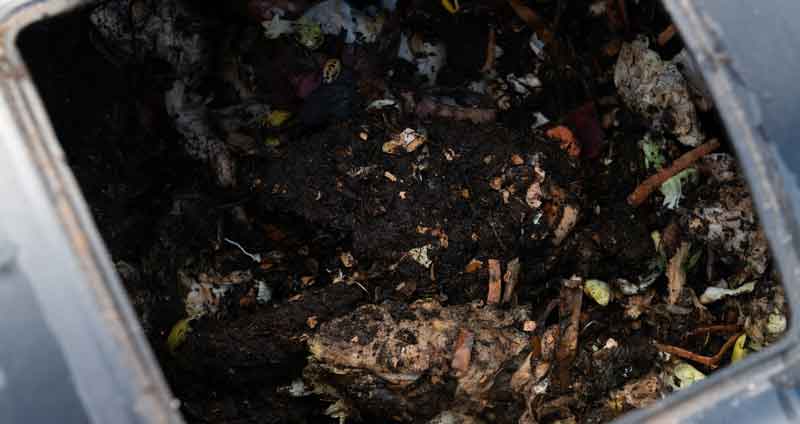
It’s easy to get confused!
The stuff you put in your compost heap eventually turns into something that closely resembles good earthy soil.
But is it?
Granted, it certainly looks very similar. But there are some essential things to understand about the transformation process that we call “decomposition” and the end product called “compost.” And how this substance compares to the topsoil in your backyard.
Does composting produce soil?
The end product of composting is not soil. Instead, decomposing organic waste produces a nutrient-rich and biologically active substance, which can be added to the soil. But it does not turn into soil.
Admittedly you get soil-like particles when everything has rotted down in your compost bin. But there’s a fundamental difference between compost and soil:
- Compost is organic
- Soil is mostly mineral
Compost is different from soil because it’s missing the mineral components that you find in soil. Namely sand, silt, clay, and probably some rocks.
Soil is produced from rock. It results from millions of years of natural erosion until it becomes fine particles of sand, clay, or silt.
Compost is “organic” because it’s derived from things that were once living.
The top layer of most soil DOES contain some organic matter. Think of the natural process in a forest. When trees shed their leaves, they fall to the ground and slowly decompose. This mulch layer eventually works its way into the soil. Smaller plants grow in the soil and develop roots. When they die, the roots remain and add more organic materials to the ground.
All this organic matter attracts soil life which is highly beneficial to the quality of the soil, making it healthy for growing plants.
The problem is that not all soil has a good amount of organic content.
Compost is a way to add back the health-giving organic substances that make your tomatoes grow better 🙂
When you mix compost with soil, it alters the overall chemical and biological composition in a beneficial way. And it also improves the structure so that soil behaves better (better drainage, moisture retention, and nutrient availability).
A more accurate way to think about it would be to say that “compost becomes a part of the soil.” That’s why we call compost a “soil conditioner” or a “soil amendment.” It’s added to soil to improve its characteristics and feed the soil with nutrients.
Myth-busting: Why compost doesn’t turn into soil
I want to quickly address some common questions that I often see people asking about compost.
People often refer to compost as “soil.”
Thousands of people go to their garden centers searching for something they call “compost soil.”
I don’t want to obsess over details, but “compost soil” is a contradiction in terms. Unless it’s a mixture of compost and soil! In which case maybe I’m interpreting things wrong…
The organic things we put into a compost bin are mostly carbon-based. They do not have any minerals. The only mineral things folks commonly include in compost ingredients are wood ashes or eggshells. So the end product of composting won’t have the same components that exist in soil.
How long does compost take to turn into soil?
Nope! It’s not going to happen. You can wait as long as you like, but you’ll be disappointed. Compost ingredients slowly transform into finished, mature compost.
So how does compost turn into soil? It doesn’t. Compost will always remain compost until you add it to the earth as an amendment. Then it becomes a composite mixture of soil and compost that continues to transform over time.
What does compost turn into?
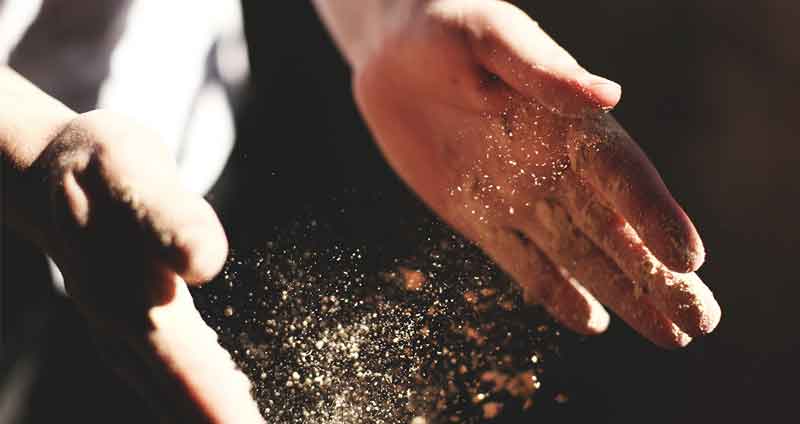
The decomposition process turns once-living matter into a fine, crumbly mixture of organic materials that we call compost. This is a fibrous substance that is teeming with microorganisms. The bacteria continue to break down the organic matter until it eventually becomes a substance called humus.
Humus is what you get when everything has almost totally decomposed. It has a very fine sponge-like texture and also has some very useful properties.
The structure of humus is extremely good at holding on to moisture. It also improves the structure of soils, allowing better aeration and drainage. It can also retain nutrients, preventing them from leaching away and making them available for plant roots.
Does compost break down to nothing?
Compost materials are slowly eaten in one way or another. Microbes are responsible for a large part of the “rotting” process. They break down the materials into finer and finer particles as they feed. Fungi also play a role, as well as macroorganisms like worms. Worms eat the food in compost and convert it via digestion. As a result, their castings are rich in bacteria and nutrients.
Most of the readily available food has been broken down in the final maturation stage of composting, except for things like lignin (tough substances like wood branches or bark). After that, the compost stabilizes, and nutrients become available for plants to make use of them. Fungi called actinomycetes continue to break down the woody materials until finally, they become a fibrous material close to pure humus.
This is why compost heaps start out quite bulky and reduce in volume over time. Even when you apply finished compost to soil, it’s still in a state of decomposition. It can reduce in depth from one season to another by up to 2/3rds.
The end result of organic decomposition is humus.
This is a very long process that continues in the soil after adding “finished” compost. In reality, the organic mixture is still breaking down, even if at a prolonged rate.
Conclusion: Does composting make dirt
The next time you hear your gardening friends call compost “soil” or “dirt,” you can correct them!
And if they ask how long it takes for compost to turn into soil, you can tell them the truth: it doesn’t!
Composting is the process of breaking down organic matter, not creating soil. However, compost is a very useful amendment that can improve the structure and fertility of your existing soil.
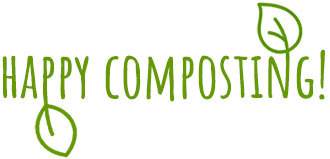

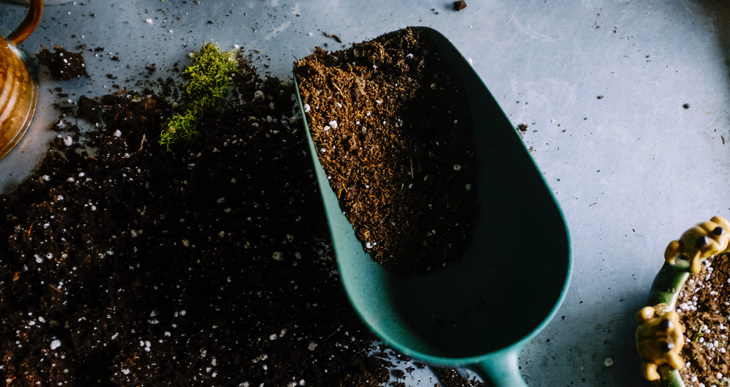
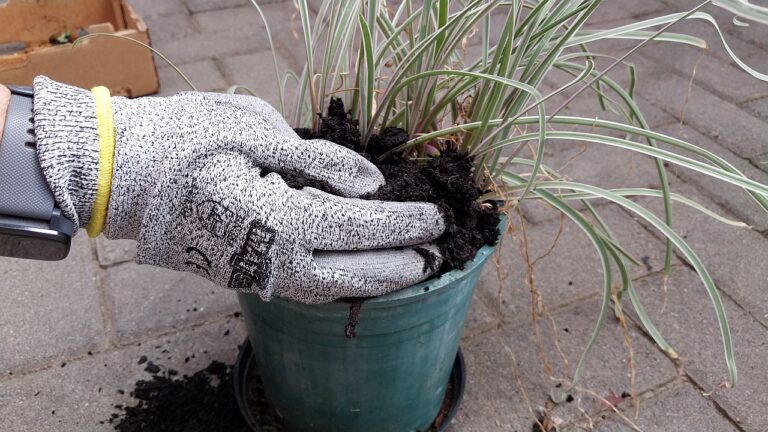
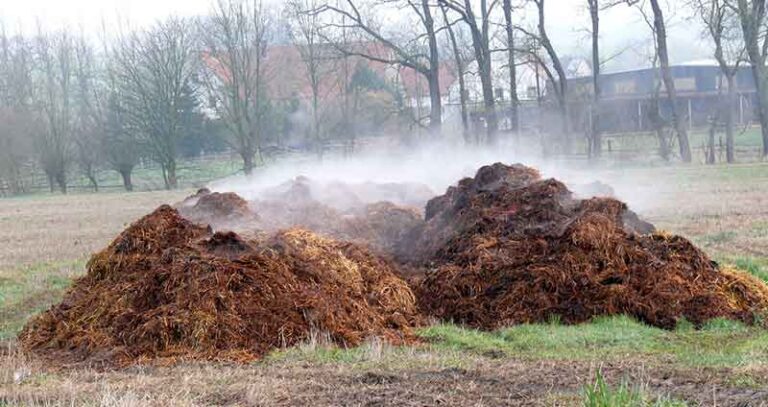
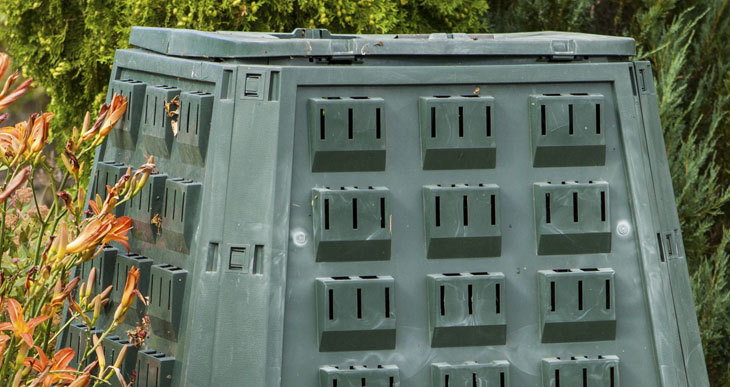
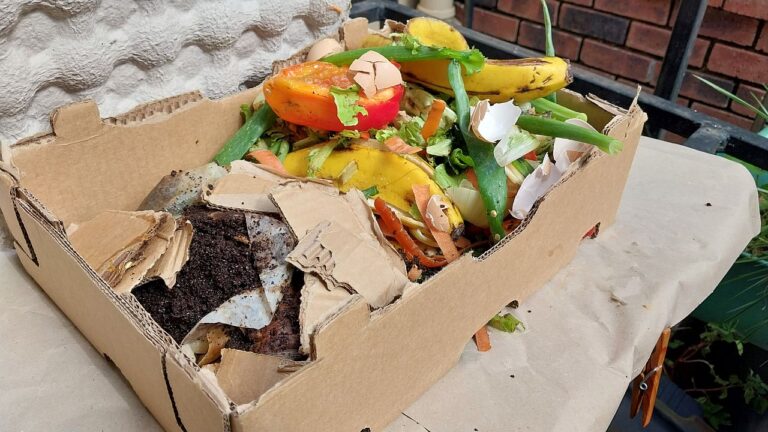
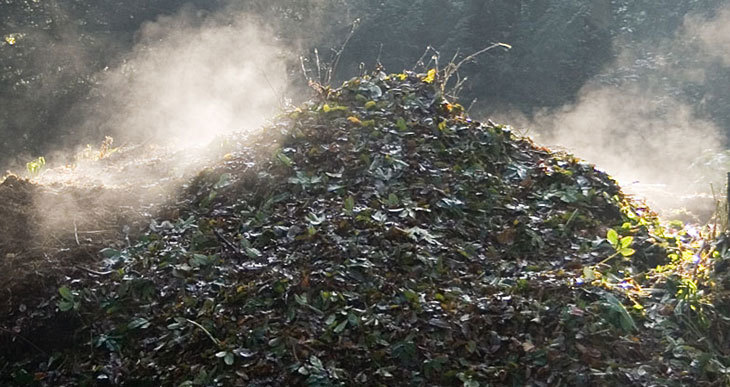
woohoo! I found you. Thanks for making this site, talk about the DEFINITIVE composting source. Amazing and brilliant.
Happy to help Louise 🙂